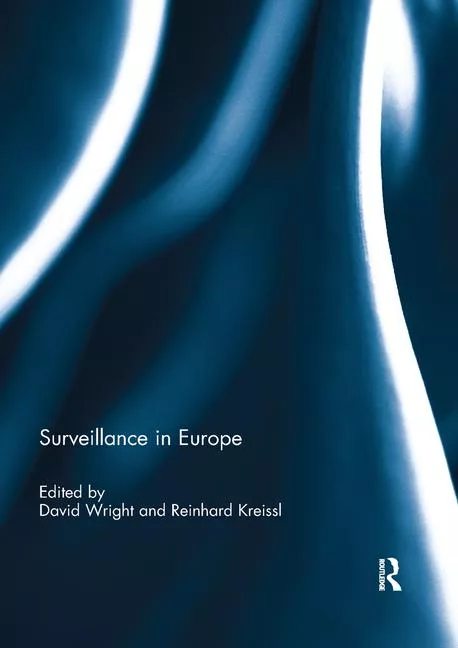China Leads in Counterfeit Goods
The United States named China the leading place for physical markets selling counterfeit goods, while websites in Europe, South America and Canada led in online sales of fakes.
The Notorious Markets List for 2013 highlights markets that allegedly harm US businesses and jobs by infringing on intellectual property rights.
The US Trade Representative said the markets were selected for the "notorious" label "because they exemplify concerns about trademark counterfeiting and copyright piracy on a global basis and because the scale and popularity of these marketplaces can cause economic harm to US and other IPR holders."
The "notorious" list does not reflect findings of legal violations, normally covered by the annual US Special 301 Report on unfair trade practices.
The USTR said the new list was aimed at helping the United States and foreign governments prioritize enforcement of intellectual property rights.
"The markets we have identified unfairly take from these American workers, diminishing the value and salability of their work and threatening their jobs," US Trade Representative Michael Froman said in a statement.
Physical markets in China singled out as key sources of counterfeit goods include the Silk Market in Beijing and the Garment Wholesale Center in Guangzhou, which the USTR said was a key contributor to counterfeiting in China and worldwide.
Buynow PC Malls, a chain of 22 personal computer malls across China, are a source of pirated movies, games, and software, according to the report.
Multiple markets throughout Thailand were included in the 2013 list, including Bangkok's MBK and Pantip Plaza shopping centers. Efforts to enforce copyright protections in them "are largely ineffective," the report said.
Six markets in India were named, with Nehru Place in New Delhi singled out as a "prominent example" of places which allegedly deal in "large volumes" of pirated software and entertainment, and counterfeit goods.
It also named the Seventh Kilometer Market in Odessa, Ukraine, and La Salada in Buenos Aires, Argentina, as selling fakes openly and imperviously.
La Salada "is so well-known for the availability of counterfeit and pirated products that dedicated buses bring shoppers from Paraguay and Uruguay to the market."
Online marketplaces included Sweden-based The Pirate Bay, which helps users download unauthorized copyright-protected content, the similar KickassTorrents, reportedly based in Canada, and BitTorrent aggregator Torrentz.eu, formerly torrentz.com, which reportedly operates either from Canada or Finland.
Looking for a reprint of this article?
From high-res PDFs to custom plaques, order your copy today!



